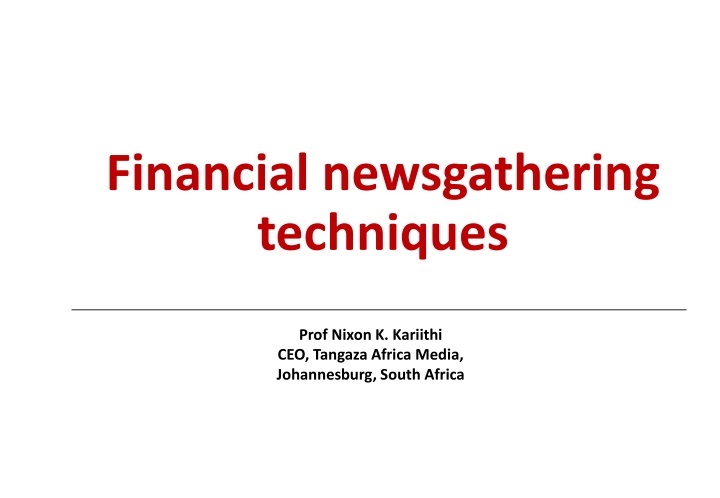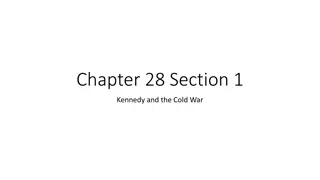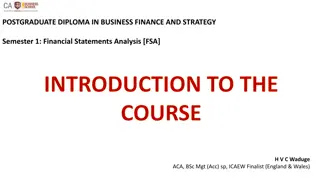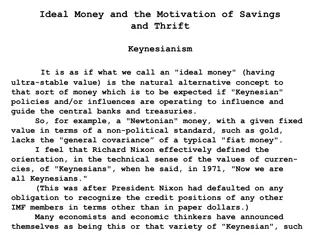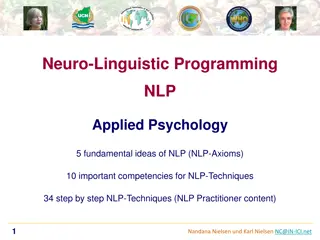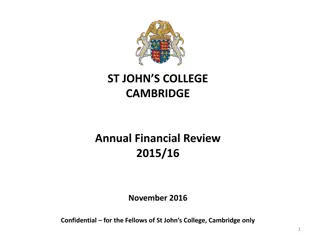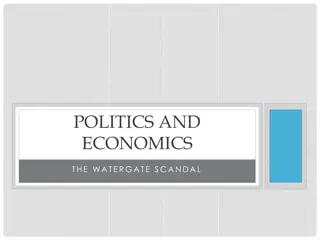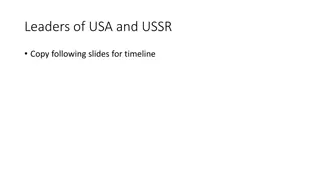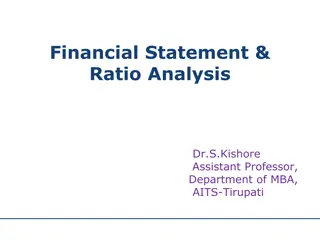Mastering Financial Newsgathering Techniques: Insights from Prof. Nixon K. Kariithi
Explore essential strategies for covering economic sectors and institutions effectively, including learning the economic language, understanding key issues and players, cultivating trusted sources, and translating complex jargon for broader audience comprehension. Gain valuable insights on navigating financial news reporting with expertise.
Download Presentation

Please find below an Image/Link to download the presentation.
The content on the website is provided AS IS for your information and personal use only. It may not be sold, licensed, or shared on other websites without obtaining consent from the author.If you encounter any issues during the download, it is possible that the publisher has removed the file from their server.
You are allowed to download the files provided on this website for personal or commercial use, subject to the condition that they are used lawfully. All files are the property of their respective owners.
The content on the website is provided AS IS for your information and personal use only. It may not be sold, licensed, or shared on other websites without obtaining consent from the author.
E N D
Presentation Transcript
Financial newsgathering techniques Prof Nixon K. Kariithi CEO, Tangaza Africa Media, Johannesburg, South Africa
Covering economic sectors and institutions 1 Learn the lay of the land Translate jargon Understand the policymaker s view of the world Don t just take the policymaker s view of the world Go beyond the news release 2 3 4 5
Covering economic sectors and institutions Note: Like other disciplines, economics has its own language Learn the lingo; different dialects (financial, economics, development; commercial, international trade, etc). Learn the key issues, key players, major debates, sector/sub-sector trends. Identify the sector/institution s place in the economy. Cultivate regular contacts/sources. Win their trust and confidence. Develop network of sources across the sector/institution. Learning the lay of the land
Covering economic sectors and institutions Note: Experts do not speak in lay terms. Learn to speak the experts lingo, but NEVER use in your stories without translation or interpretation. What s wrong with jargon anyway? It is technospeak/ officialese not newspeak. It is confusing, annoying, boring. Economics policy is too important to be left to the high priests, so endeavour to include all your readers. In other words, translate economics lingo into normal, man-on-the-street language. Translating jargon
Covering economic sectors and institutions Translating jargon Example: While product prices have remained remarkably restrained in the face of exceptionally strong demand and expanding potential supply, it is imperative that we do not become complacent. The already shrunken pool of job-seekers and considerable strength of aggregate demand suggests that the Central Bank will need to be especially alert to inflation risks. Should productivity fail to continue to accelerate and demand growth persist or strengthen, the economy could overheat. That would engender inflationary pressures and put the sustainability of this unprecedented period of remarkable growth in jeopardy. If new data suggests it is likely that the pace of cost and price increases will be picking up, the Central Bank will have to act promptly and forcefully so as to preclude imbalances from arising that would only require a more disruptive adjustment later one that could impair the expansion and bring into question whether the many gains already made can be sustained.
Covering economic sectors and institutions Translating jargon Translation: There are no inflation problems right now, but we must always be cautious. With unemployment so low, we have to worry about inflation. But we will raise interest rates if new data demonstrates that the pace of price increases is likely to accelerate. Points to ponder: Periods of robust economic activity are in fact sources of great concern for policy makers. The national economy is a highly sensitive machine, and its stability is a product of many factors coming together. In spite of new knowledge and great research, economic policymaking is still driven by perceptions.
Covering economic sectors and institutions Note: Technospeak often conceals the fact that economics is sensitive to literary everything under the sun! Get to know what drives policy in economic sectors/institutions. What are the historical or contemporaneous, social or political, short-term or long-term realities, trade-offs? What risks abound if policymakers defer some economic action? Understand policymakers view of the world Tips: Go beyond press releases or speeches. Develop in-depth knowledge of sector/institution Interact with relevant expert sources
Covering economic sectors and institutions Don t just take policymakers view of the world Note: Technocrats do not have monopoly of economics knowledge! A great deal of knowledge is abound in society. Seek it. Get alternative interpretation of prevailing policy. Seek diverse alternative opinion. Eeavour to reproduce opposing viewpoints clearly. Always accommodate the other voice . Never rely on a single source. You ll rarely get the complete picture. Always treat all news as tips, not stories. Let the story emerge from your inquiries Lesson: Truth is not manifest. It is a moving target! There s always more than one side to a story. It s OK to be skeptical; probably even cynical!
Covering economic sectors and institutions Go beyond the news release Note: News releases are the technocrats version of what the public should know. But deciding what the public should know is OUR business, not theirs! Releases always raise questions that necessitate going back to the issuer. Mostly, it is so what? Releases are generic, but we want info specific and unique for our readers. Indeed, releases don t always tell everything! Action: View all releases critically, skeptically. Except rare cases, don t rely exclusively on the release. At best, use it as background info. Always get your own story angle, original quotes. Sharpen your story by getting details initially omitted. BE DIFFERENT!
